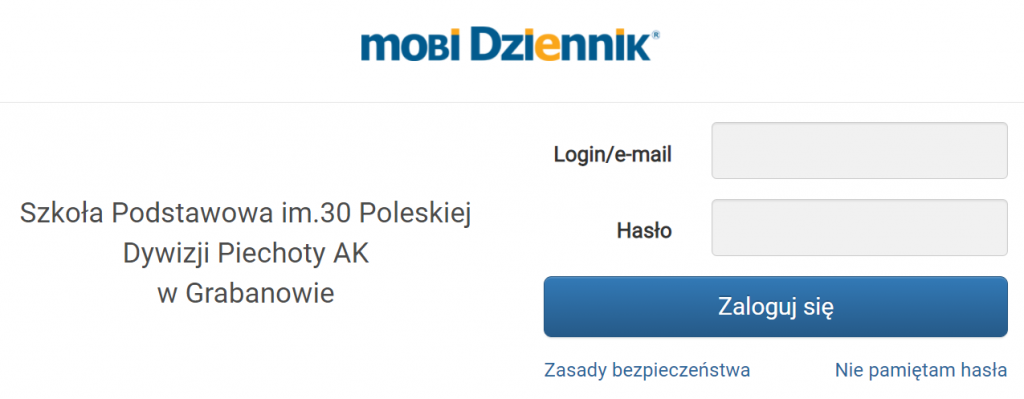Most of these matters involved Grant Thornton forensic accountants supporting the investigation, delivering evidence into court, and gathering and collating digital information. They may work on a single case or be part of a team that investigates multiple cases at the same time. In some cases, forensic accountants may be called upon to provide litigation support, helping attorneys to prepare for trials or settlement negotiations. Most forensic accountants major in a related field like accounting, finance, or economics to gain their career skills. A forensic accountant may be asked to quantify the economic damages arising from a vehicle accident or a case of medical malpractice or other claims.
Forensic accountants use legal skills to determine if a financial activity is illegal and provide litigation support and investigative accounting services. Organizations can utilize forensic accountants to track their financial performance, identify fraudulent activities, or prevent fraud before it happens by conducting management reviews https://caramerawatkulit-id.com/category/sports-health-benefits.html and audits. These include investigating economic and financial crimes, uncovering fraud and other illegal activities, providing expert testimony, and identifying potential sources of income or assets. They must also be able to analyze complex financial data to determine patterns of activity that may indicate improper practices.
Student support and benefits
They may work on cases such as fraud and embezzlement and explain the nature of a financial crime in court. The second step would be to gather evidence to quantify the loss, ie the amount to be claimed. Insurance claims might include claims following misappropriation of assets, ie theft of goods or money. In such cases, the forensic accountant will review inventory or cash records and details of sales and purchases to reconcile the amounts held and determine the value of the goods or cash stolen. They will also test the reliability of the information held by counting a sample of inventory or cash currently held in comparison with the client’s records.
- Forensic accounting encompasses providing litigation support and investigative accounting services to uncover suspicious financial activities such as money laundering, fraud, and tax evasion.
- In this case, a forensic accountant might work closely with the accounting assurance team that knows clearly about financial loss.
- Being a CPA provides a forensic accountant leverage in both providing the service and presenting the deliverable; educators and regulators know that the body of knowledge for passing the CPA exam is continually widening.
- It describes the role of the forensic accountant in the abstract, as an inclusive profession that at its core bridges that gap between perception and reality.
- In some cases, this service also allows the insurance company to review the claim submitted by the policyholder to quantify the claim amounts.
In this field, you never know what case you might work on next — and while some are exciting and high-profile, others can be contentious and even dangerous. We asked forensic accounting experts for the highlights and lowlights of their careers. Forensic engagements will include a detailed and wholesale review of all documentation and electronic evidence available. The opinion given by the https://colorballoons.net/category/blog/ expert accountant must be reasoned, and backed up by evidence. Their opinion cannot be objective if only based on what they are told; they must corroborate that information. Any method of obtaining evidence can be used in a forensic accounting engagement – this is not a limited assurance engagement in which procedures are likely to be restricted to enquiry and analytical procedures.
Pros and Cons of Working in Forensic Accounting
Our forensic accounting team, based in Manchester and London, has over 35 years of experience working with legal professionals all over the UK. Our forensic accountants are typically instructed by lawyers and legal teams on both civil and criminal cases. At the same time, fraud investigation and the ensuing services, such as damage calculations and expert testimony by CPAs, have evolved, specialized, and http://www.kpnemo.ru/news/55-news/3487-zhile-v-rige-i-yurmale-dorozhaet extended beyond the scope of audit or compliance. Activities such as valuation or business appraisal, previously in the realm of every CPA by the nature of the profession, have been adopted into the field of forensic accounting. Damage calculation, for example, was once the purview of academic researchers and theorists, but has become a practiced field within what is now called forensic accounting.
Some credit the beginning of the understanding of fraud as a subject of scientific study to the 1934 work of Donald Cressey and Edwin Southland, who coauthored Principles of Criminology. The concept of the fraud triangle is pervasive in the auditing standards and governs much of the work that is required of auditors. When hiring a forensic accountant, employers should look for someone with experience and qualifications. The ideal candidate should hold a bachelor’s degree in accounting or another related field, have a CPA license, and be certified by the American Board of Forensic Accounting. Employers must ensure that their forensic accountant meets all these requirements before they hire them.
What Is Forensic Accounting? (Education, Careers, and More)
One such engagement is in professional negligence claims, ie when another accountant has breached their duty of care to a client or third party resulting in a loss for that client. In relation to an audit, this would require consideration of whether the International Standards on Auditing were followed. A bachelor’s degree in accounting, forensic accounting, finance, or a related field is typically the minimum requirement for entry-level positions. According to Zippia, 71 percent of forensic accountants have a bachelor’s degree, and 20 percent have a master’s[2]. Enrolling in forensic accounting courses or considering a concentration, if possible, may be helpful in gaining a better understanding of the field.
Forensic accountants can use their expertise and investigative techniques to uncover the source and amount of lost money, which can help prevent future losses. Additionally, this type of investigation can also be useful in assisting in the design and implementation of internal controls for businesses. With global fraud losses estimated at 5 trillion annually, the need for reliable forensic accounting services is on the rise. The significance of analyzing financial documents for fraud cannot be overstated, as it is an essential part of detecting and preventing fraudulent activities. Forensic accountants use a range of economic theories and business information to inspect financial documents to identify any indications of illegal activity.
Application of law
Thomas’ experience gives him expertise in a variety of areas including investments, retirement, insurance, and financial planning. Equally it is not sufficient to suggest the use of computer assisted auditing techniques (CAATs). For example, data matching bank accounts used for paying suppliers with bank accounts for paying employees, exception reports identifying employees who are not taking holiday, etc. This will normally involve determining an appropriate value or quantifying a loss as discussed above; this is quite distinct from an assurance engagement in which the engagement team would review an amount determined by the client.




